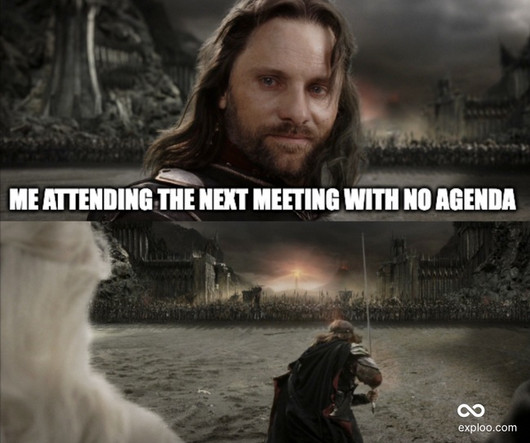How to improve your meetings
Halo Psych
APRIL 17, 2024
6-minute read In the past few months, I’ve run several team development days for board-level teams in different sectors. And one of the things they have the most in common is a frustration with meetings. This includes those coming as guests to present at a board meeting, as well as some board members, themselves.






































Let's personalize your content